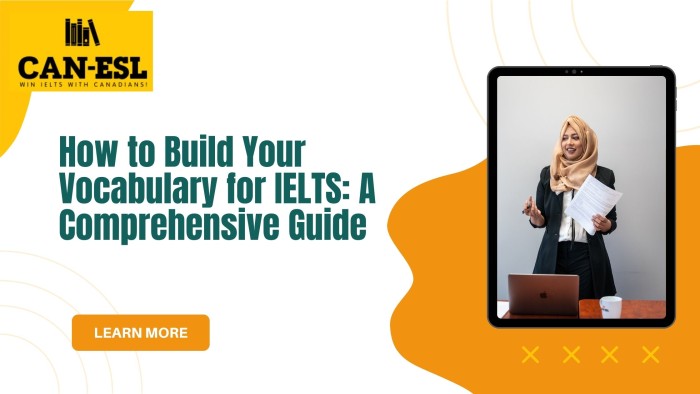

How to Build Your Vocabulary for IELTS: A Comprehensive Guide
Preparing
for the IELTS test involves many components, but one of the most crucial areas
to focus on is vocabulary. A rich and varied vocabulary not only helps in all
sections of the test but also significantly boosts your overall band score. If
you haven’t started improving your vocabulary yet, now is the perfect time to
begin. Here’s a detailed guide on why vocabulary is essential for IELTS and how
you can effectively enhance it.
Why is
Developing Vocabulary Important for IELTS?
Vocabulary
plays a critical role in both the IELTS Speaking and Writing sections, which
are evaluated based on a criterion known as “Lexical Resource.” This criterion
assesses the range and accuracy of vocabulary used by candidates. A broader
range of vocabulary, used appropriately, can lead to higher scores. Let’s break
this down further.
Word
Collocations
Understanding
and using word collocations—words that frequently go together—is vital for
scoring well in the IELTS test. Collocations make your language sound more
natural and fluent. For instance:
Using these
collocations correctly shows that you are familiar with how words commonly
combine in English, which is a key aspect of Lexical Resource.
Using
Less Common Vocabulary
Incorporating
less common vocabulary, including idioms and expressions, can be advantageous,
particularly in the Speaking section. However, idiomatic expressions should be
used judiciously in formal writing tasks. For instance:
How to
Improve Your Vocabulary for IELTS
Building a
robust vocabulary is a gradual process, but with consistent effort, you will
see significant improvements. Here’s a step-by-step approach to enhancing your
vocabulary:
1. Read
Extensively
Reading is
one of the most effective ways to expand your vocabulary. Aim to read a variety
of materials, such as newspapers, magazines, books, and online articles, every
day. When you encounter unfamiliar words:
2. Use
Free Resources
3. Be
Consistent
Consistency
is key to vocabulary development. Designate a specific time each day for IELTS
preparation and focus on building your vocabulary during this period. Regular
practice ensures that new words become part of your active vocabulary.
4. Use
Vocabulary in Context
To solidify
your understanding of new vocabulary:
5.
Utilize Vocabulary Apps and Tools
Various apps
and online tools can assist in learning and practicing vocabulary. Look for
apps that offer flashcards, quizzes, and interactive exercises specifically
designed for IELTS preparation.
Things to
Avoid
While
working on your vocabulary, be mindful of common pitfalls:
1. Avoid
Memorizing Long Lists
Memorizing
extensive lists of academic or complex words is not the most effective way to
prepare. Instead, focus on understanding and using vocabulary in context. This
approach helps in retention and practical application.
2. Don’t
Use Words You’re Unsure About
If you are
uncertain about the usage of a particular word, it’s better to choose a synonym
you are confident about. Misusing complex or unfamiliar words can negatively
impact your score.
3. Avoid
Overusing Idioms in Formal Writing
While idioms
and informal expressions are useful for the Speaking section, they should be
used sparingly in formal writing tasks. Stick to appropriate language and
expressions for each section of the test.
Building
your vocabulary for the IELTS test is a rewarding endeavor that enhances your
performance across all sections. By focusing on word collocations, using less
common vocabulary wisely, and employing effective learning strategies, you can
significantly improve your Lexical Resource score. Remember to utilize
available resources, stay consistent, and practice regularly. With dedicated
effort and a strategic approach, you will see the benefits during your test.
Best of luck
with your IELTS preparation—your hard work will undoubtedly pay off!